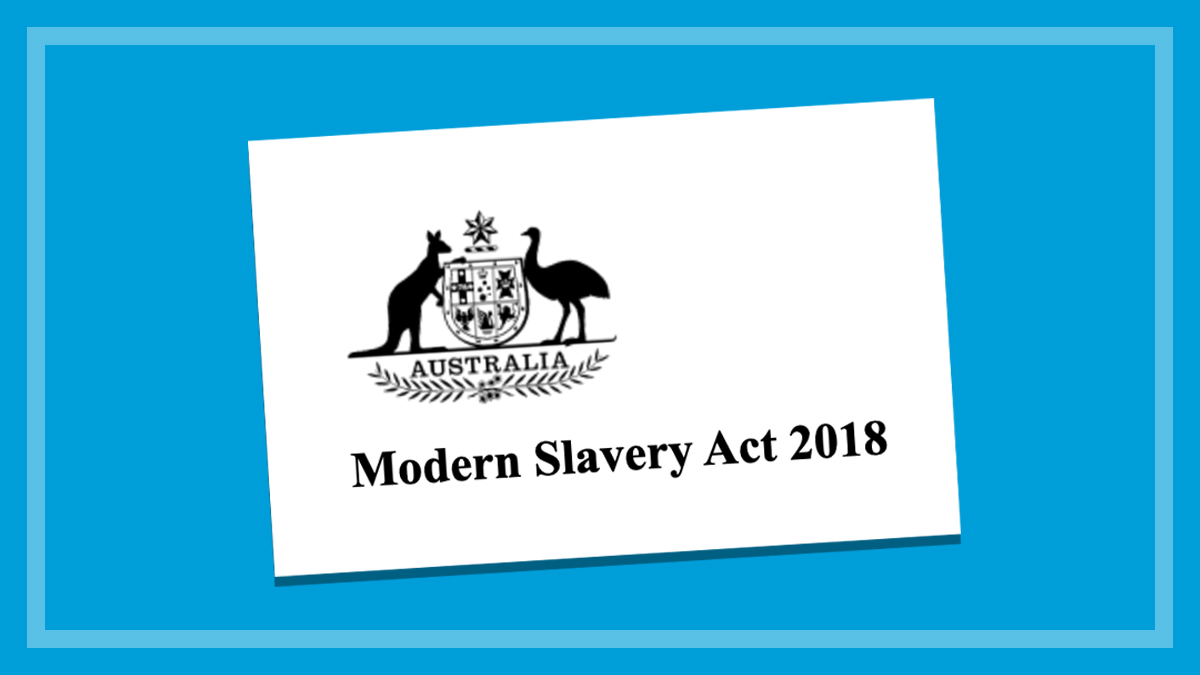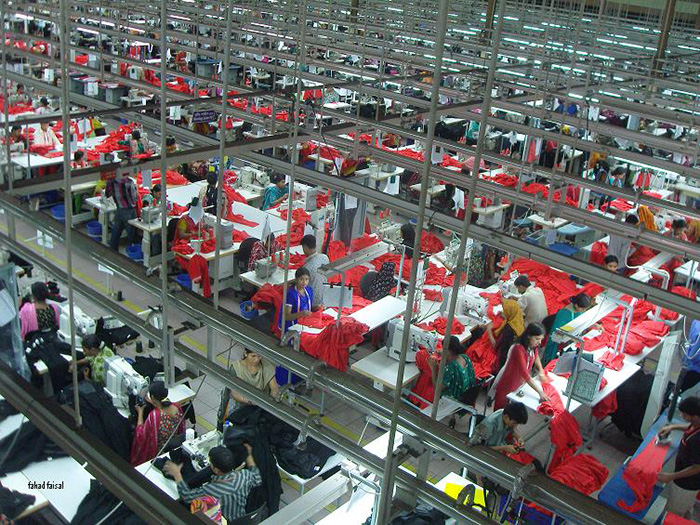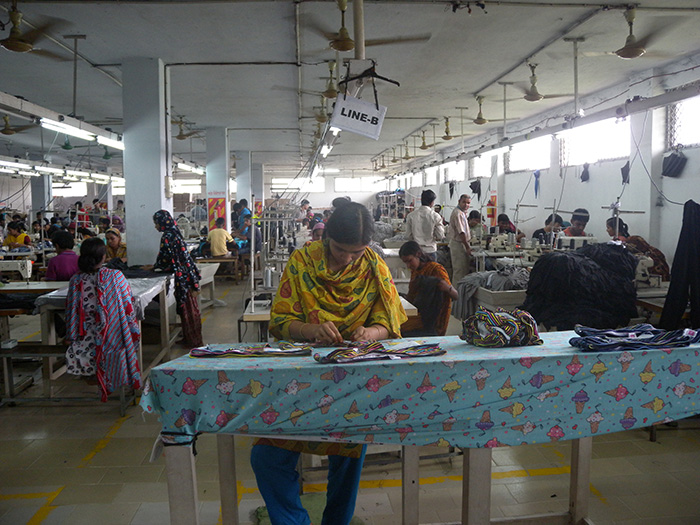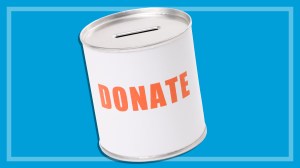
One third of companies failing Modern Slavery Act

Need to know
- Under the Modern Slavery Act, large Australian companies must report on their modern slavery risks
- A major study has found that many companies are failing to meet their reporting obligations
- Academics and experts say the legislation needs to be strengthened and penalties introduced
When the Modern Slavery Act came into effect at the start of 2019, it aimed to force companies operating in Australia to address serious issues of forced labour and slavery-like conditions in both their operations and supply chains.
But three years into the implementation of the Act, experts say it’s failing to live up to its promise. They’re now urging the government to strengthen the legislation when it comes up for review later this year.
What is the Modern Slavery Act?
The Modern Slavery Act stipulates that every business based or operating in Australia with an annual revenue of more than $100 million must prepare a statement outlining the risks of forced labour and modern slavery in its operations and supply chains, both domestically and overseas.
These statements are released publicly and available to anyone.
Reports vary in quality
But a December 2021 study by the Monash Centre for Financial Studies (MCFS) found that more than one-third of the ASX 300 listed company reports it reviewed failed to meet a minimum reporting standard. (Companies were given compliance ratings from A for exemplary disclosure to F at the bottom of the scale.)
Lead researcher Dr Nga Pham tells CHOICE there was no single factor, such as size or type of industry, that was consistent across the companies that failed in their reporting obligations.
“Even among the largest companies that are listed on the Australian Stock Exchange we still see a very high variation of the quality of the disclosure,” she says.
Big name companies failing
Some of the companies that failed to meet the basic reporting requirements are big name brands. They include Fisher & Paykel Healthcare, IDP Education, Invocare, Nanosonics and WestGold Resources.
These companies haven’t necessarily been found to have modern slavery in their supply chains or operations, but their reporting on the potential issue was not up to the minimum standard required by the Act.
“It’s important for these companies to really commit more resources to building expertise, building systems and infrastructure, to help them better assess and also address modern slavery risk,” she says.
At the other end of the scale, companies whose disclosure statements were given an A score by MCFS include Bega Cheese, Woolworths, Fortescue Metals, Wesfarmers, Westpac and Ansell.

Companies not being punished
There are currently no punishments for companies that fail to comply with the reporting requirements of the Act. Instead, the legislation relies on concerned consumers taking notice of reporting failures and making their buying decisions accordingly, thereby pressuring companies to take modern slavery risks more seriously.
Kyla Raby, a modern slavery researcher at the University of South Australia, is highly critical of the legislation’s expectation that the market will hold companies accountable.
The legislation relies on concerned consumers taking notice of reporting failures and making their buying decisions accordingly
“Australia’s Modern Slavery Act operates using a market-based enforcement model which places an unrealistic and unfair responsibility on consumers to influence ethical business behaviour by choosing to support those businesses ‘doing the right thing’ and punishing those who are not, creating what the government see’s will be a ‘race to the top’ with businesses competing for consumer support,” she says.
“[The Act] assumes that the information that businesses disclose will actually help inform a consumer as to the degree in which that business is complicit in modern slavery, when this is questionable for many reasons.”
Dr Fiona McGaughey at the University of Western Australia agrees the idea is deeply flawed, as consumers don’t have the time to trawl through thousands of modern slavery statements. Nor are civil society and the media always able to carry out this analysis.
“It’s not really accessible information for consumers, it’s not really telling us anything really useful that we can use,” she tells CHOICE.
Time to strengthen the legislation
The Modern Slavery Act legislation is due to be reviewed this year, although the government has yet to announce a timeframe or focus for the review. The process may also be complicated by the fact that 2022 is an election year.
Professor Jennifer Burn, founding director of Anti-Slavery Australia, says there are several ways the government could strengthen the Act to better protect vulnerable people in Australia and around the world from the various forms of forced labour.
“Some consumables, like chocolate for instance, attract a lot of communities and consumer interest, but consumers, by and large, do not have the resources and the capacity to develop a proper resource monitoring scheme,” she says.
Burn is calling for the reporting threshold to be lowered from $100 million to $50 million to capture a much broader range of companies. She also wants to see the introduction of an independent commission to oversee compliance and financial penalties for non-compliant reporting.
The legislation and reporting are currently overseen by Border Force, within the Department of Home Affairs.

Australia lagging
Clare Bartram, a modern slavery specialist at the responsible investment arm of Institutional Shareholder Services, says the Modern Slavery Act has increased awareness of the issue among investors, boards and executives, but that some companies have taken it more seriously than others.
“Some companies really went above and beyond, but the overwhelming majority barely met the basic compliance requirements of the legislation,” she says. “And so I think that kind of calls into question the effectiveness of it.”
Looking to the US and Europe
Bartram suggests that Australia look to jurisdictions that are far more advanced and proactive on the issue, such as the European Union (EU) and the US.
In the EU there is a focus around human rights and due diligence and it is worth thinking about whether any of those models might be more effective in Australia
Clare Bartram, Institutional Shareholder Services
Late last year, the US introduced the Uyghur Forced Labor Prevention Act to prevent goods made with forced labour in China from entering the country. The US also has stronger import bans and recently imposed them on Malaysian companies manufacturing medical gloves with workers in forced-labour conditions. The EU offers another model that Australia could potentially follow.
“In the EU there is a focus around human rights and due diligence and it is worth thinking about whether any of those models might be more effective in Australia than the disclosure legislation that we have currently,” Bartram says.
“Generally companies want to address these issues and modern slavery as a reputational and financial risk, but it’s also a moral issue.”
Related




